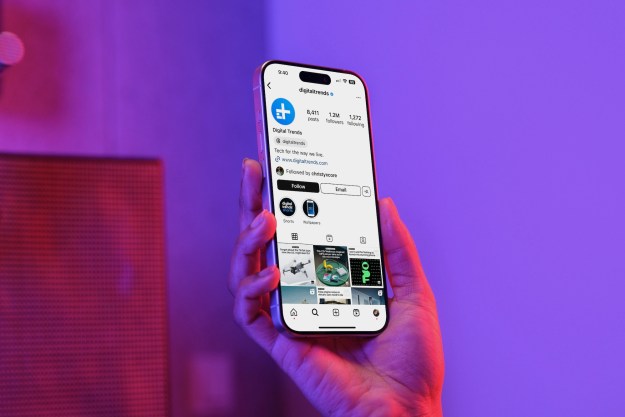
The company cites 132 apps on the Google Play Store that feature malware — though not the kind that could actually do any harm to your smartphone. The reason being, these apps attempt to install a Windows executable file, which Android devices do not support.
At first glance, it appears to be a completely ineffectual attempt at attacking users, until you consider the possibility that these apps were actually infected with malicious code unbeknownst to the developer. The malware exploits the apps’ use of Android WebView to link to dangerous HTML sites, that then attempt to install a file designed for Windows onto the device. Palo Alto goes into greater detail, identifying specific lines of code that act as the culprits, but the important point to note is that none of it could actually compromise your phone in any way.
On Windows, the malware would reportedly modify firewall settings, alter the network hosts file, and copy and inject itself into numerous other processes. The apps in question span seven different developers, and security analysts speculate it may have arrived on Android by way of a file-infecting virus. These viruses would in turn seek out and infect HTML files on the developers’ computers, and it’s not hard to imagine how they could then spread to software published on the Play Store. A common online development platform used to produce all of the affected apps may have been the origin.
Ultimately, Google would classify this as a “non-Android threat” — terminology for applications that are unable to harm a user’s device, but are potentially damaging to other platforms. After reporting its findings to Google, Palo Alto says all the offenders were removed from the Play Store.
While it’s not terribly comforting to know your device may have been a conduit for malware without ever realizing it, the work done by Google and security firms like Palo Alto does shed some light on the multitude of ways in which a virus can spread — and that will, in turn, make our devices safer.
Editors' Recommendations
- Don’t update your Pixel phone — a new Android update might break it
- Don’t listen to billionaires like Elon Musk — app stores are fantastic
- Delete these eight malware-ridden Android apps immediately
- Delete these 25 malware-infested Android photo-editing apps ASAP
- Stalking apps: Google deletes 7 Android trackers from the Play Store


